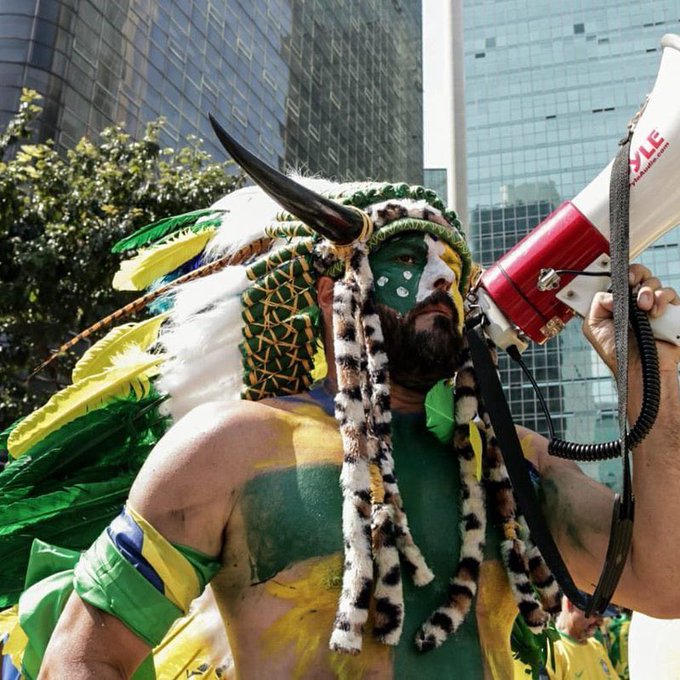
In the 21st century, Latin America has seesawed between right-wing and left-wing governments. From Hugo Chávez’s 21st century socialism in Venezuela to Evo Morales' nationalization of oil and gas in Bolivia, from the resurrection of Nicaragua’s Daniel Ortega to Narcos in Mexico, from protests in Cuba to the Oaxaca rebellion in Mexico, from the ouster of leftist President Mario Castillo in Peru to the neo-fascist Bolsonarista attack on Lula’s government in Brazil, the continent appears more on the edge of social crisis than ever before. Recently, the left has been ascendant in Latin America with populists and socialists elected in Chile, Mexico, Honduras, Peru and Brazil. In the twentieth century, development models including populist industrialization, socialist nationalism, and neo-liberal modernization have all failed quite dramatically. In the past three decades, the super-rich have grown richer, while the super-poor have grown poorer and become a bigger percentage of the population. Meanwhile, rich and middle-class women seek plastic surgery and appetite suppressants to become frighteningly thin to conform to first world standards of beauty while their poor counterparts grow fatter on unhealthy food. Millions of Latin Americans have been forced from their homes to cities, to neighboring countries, to Europe and to the US. Throughout the semester we will seek a historical understanding of how Latin America has arrived at the edge of the abyss.
The history of modern Latin America, from independence at the beginning of the nineteenth century until the present, is one that continues to have a profound political, social and economic impact on the United States. This course will provide a context for the dizzying array of episodic news reports about the vast America that lies south of the Rio Grande. It is a survey in that we will focus on broad themes, but we will also be exploring, as much as possible, the particular experiences of individual countries and social classes. Themes that we will be investigating include nation-building, industrialization, modernization, development, indigenous rights, racism, revolution, “neo-colonial” or “dependent” relations with advanced industrialized countries, military rule, social movements and narco-trafficking.
We will begin and end the course with a discussion of more recent trends in Latin America, including the rise of neoliberalism and the concurrent re-emergence of social rebellion and populism from below.
The history of modern Latin America, from independence at the beginning of the nineteenth century until the present, is one that continues to have a profound political, social and economic impact on the United States. This course will provide a context for the dizzying array of episodic news reports about the vast America that lies south of the Rio Grande. It is a survey in that we will focus on broad themes, but we will also be exploring, as much as possible, the particular experiences of individual countries and social classes. Themes that we will be investigating include nation-building, industrialization, modernization, development, indigenous rights, racism, revolution, “neo-colonial” or “dependent” relations with advanced industrialized countries, military rule, social movements and narco-trafficking.
We will begin and end the course with a discussion of more recent trends in Latin America, including the rise of neoliberalism and the concurrent re-emergence of social rebellion and populism from below.
- Teacher: Elliott Young